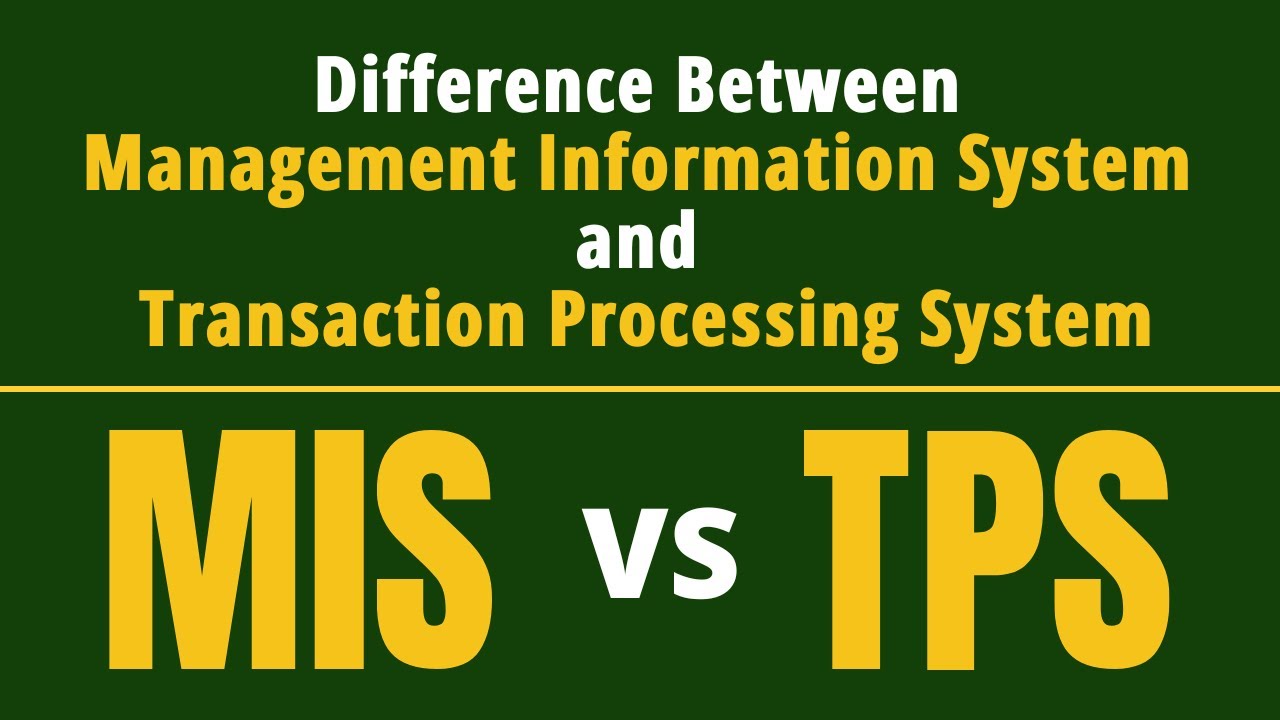Core Idea: Time Management
Summary
TLDRThis video script delves into the concept of time management, particularly in a work context. It outlines the speaker's philosophy and system for effective time use, emphasizing the importance of capturing tasks and ideas, organizing them thoughtfully, and controlling one's schedule through proactive planning. The speaker introduces three key principles—capture, configure, and control—while also touching upon the bonus principle of constraining work intake and implementing processes to streamline tasks. The goal is to create a system that not only boosts productivity but also fosters creativity and reduces stress.
Takeaways
- 🕒 Time management is defined as the philosophy, process, systems, or rules that help decide how to use one's time at work.
- 📝 Capture is the first key property of a time management system, where all important information for decision-making is stored in a trusted place.
- 🔄 The idea of 'full capture' is credited to David Allen, who emphasized the importance of not keeping tasks in one's head but in a system.
- 🗂️ Configure involves organizing the captured information effectively, including tasks and plans, to quickly understand what's on one's plate.
- 📉 Control is about being proactive rather than reactive with time, making plans in advance to make the best use of available time.
- 📆 Multi-scale planning is recommended for effective control, involving planning at quarterly, weekly, and daily levels.
- 🛠️ The speaker uses Trello for task management and Google Docs for planning, emphasizing the importance of having stable systems for organization.
- 📝 Tools like a time block planner and a 'workingmemory.txt' file are used for capturing tasks and ideas throughout the day.
- 📈 Having a time management system allows for intentional decision-making, leading to a more creative, less stressful, and potentially more efficient work life.
- 🚫 A bonus principle mentioned is 'constrain', which is about being selective with what one takes on and putting processes in place to simplify tasks.
- 🌱 The script suggests that time management can lead to a more flexible and creative approach to work, contrary to the belief that it makes life rigid.
Q & A
What is the main topic of the video script?
-The main topic of the video script is time management, specifically in the context of work.
What is the speaker's goal in discussing time management?
-The speaker's goal is to provide a brief summary of their thinking about time management, define what they mean by it, outline the principles a good time management system should satisfy, and discuss their personal time management system as an example.
How does the speaker define time management in the context of this discussion?
-The speaker defines time management as the philosophy, process, systems, or rules that one deploys to make decisions about what to do with their time at work.
What are the three key properties the speaker believes a good time management system should have?
-The three key properties are capture, configure, and control.
What does the 'capture' property entail according to the speaker?
-The 'capture' property involves having a trusted place to store all the information important for making decisions about tasks and plans, ensuring that nothing is forgotten and reducing mental stress.
Can you explain the 'configure' property mentioned by the speaker?
-The 'configure' property is about organizing the captured information effectively. It involves categorizing and consolidating information in a way that allows for a quick understanding of what's on one's plate and due.
What does the 'control' property suggest for managing time?
-The 'control' property suggests being proactive rather than reactive with time decisions. It involves planning for time in advance across multiple scales—quarterly, weekly, and daily—to make the most of the available time.
What tools does the speaker use for capturing tasks and plans?
-The speaker uses Trello for task management and Google Docs for keeping track of plans.
How does the speaker approach multi-scale planning?
-The speaker approaches multi-scale planning by having a plan for the semester, a weekly plan, and a daily plan. They use a time block planner and a text file called 'workingmemory.txt' to capture and organize tasks and plans.
What is the speaker's perspective on the relationship between time management and creativity?
-The speaker believes that being in control of one's time does not hinder creativity. Instead, it allows for more breaks, free time, and less stress, which can enhance creativity.
What is the bonus fourth principle the speaker briefly mentions at the end of the script?
-The bonus fourth principle is 'constrain,' which is about being careful about what work gets on one's plate in the first place and managing that work effectively through processes and constraints.
Outlines

هذا القسم متوفر فقط للمشتركين. يرجى الترقية للوصول إلى هذه الميزة.
قم بالترقية الآنMindmap

هذا القسم متوفر فقط للمشتركين. يرجى الترقية للوصول إلى هذه الميزة.
قم بالترقية الآنKeywords

هذا القسم متوفر فقط للمشتركين. يرجى الترقية للوصول إلى هذه الميزة.
قم بالترقية الآنHighlights

هذا القسم متوفر فقط للمشتركين. يرجى الترقية للوصول إلى هذه الميزة.
قم بالترقية الآنTranscripts

هذا القسم متوفر فقط للمشتركين. يرجى الترقية للوصول إلى هذه الميزة.
قم بالترقية الآنتصفح المزيد من مقاطع الفيديو ذات الصلة

Nancy Buchan on Time Context

Management Information System vs Transaction Processing System | Difference between TPS and MIS | 8

20 August 2024

#coding #research Analisis Data Kualitatif: Open Coding Axial Coding dan Selective Coding

Application of scalar/Dot Products | BSc. 1st Semester Physics | Vector | Mechanics | jitendra sir

Variable Basics (Updated) | Godot GDScript Tutorial | Ep 1.1
5.0 / 5 (0 votes)
